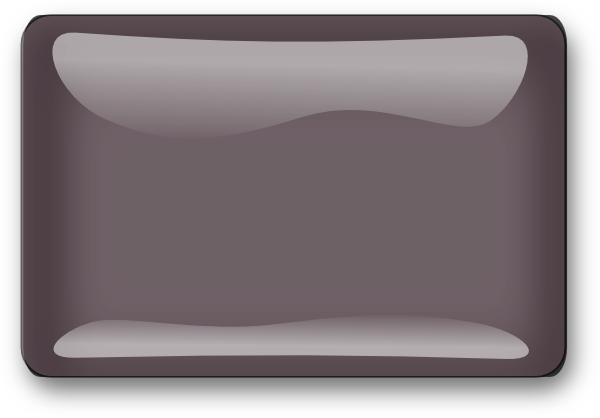Is everyone selfish? Hannah Arendt quotation
How some political ideologies depend on the self-induced selflessness of their members. Here is Arendt in The Origins of Totalitarianism speaking of both Nazism and Communism: “How little the masses were driven by the famous instinct for self-preservation … . The fanaticism of members of totalitarian movements, so clearly different in quality from the greatest […]
Is everyone selfish? Hannah Arendt quotation Read More »

